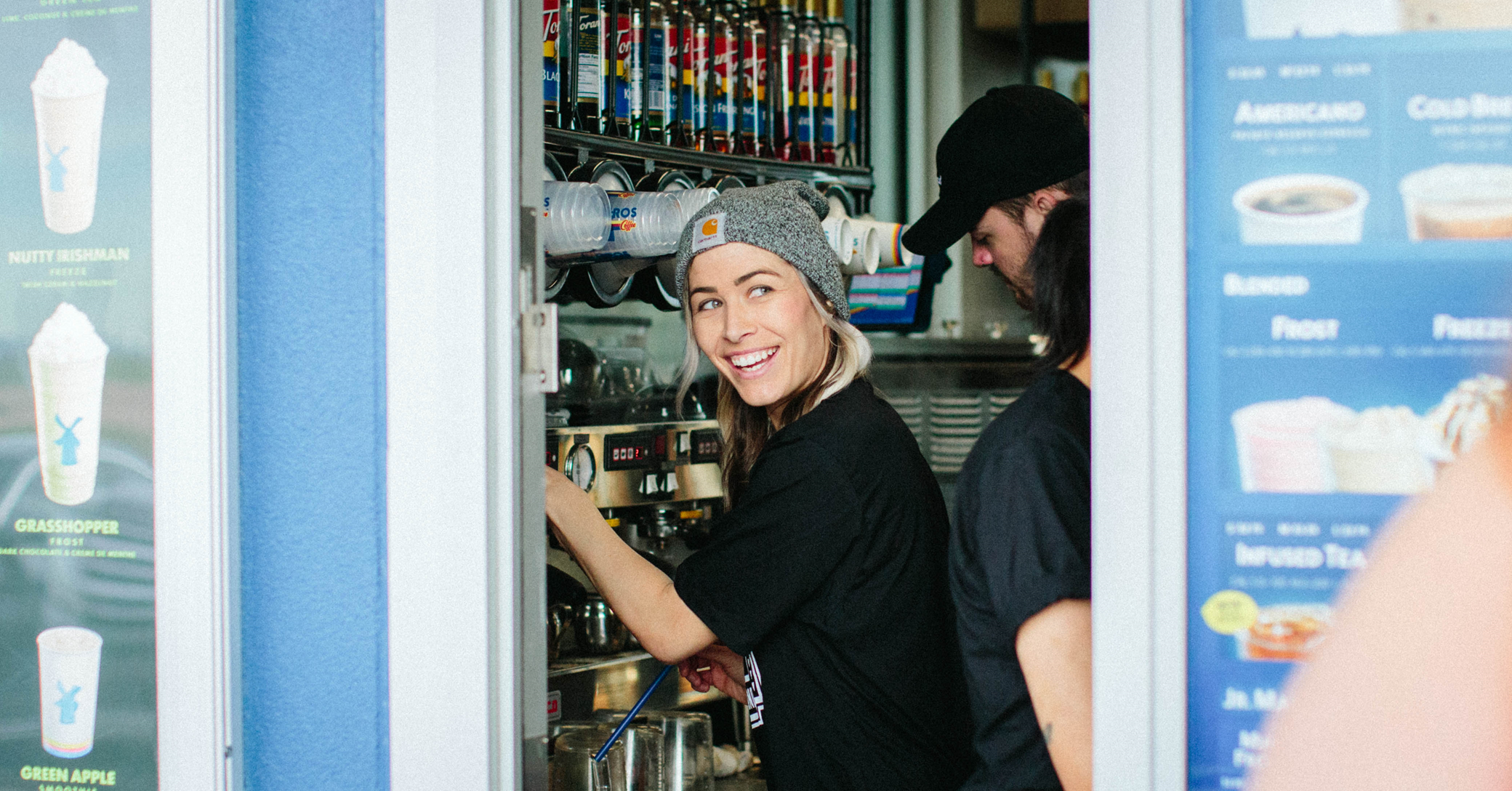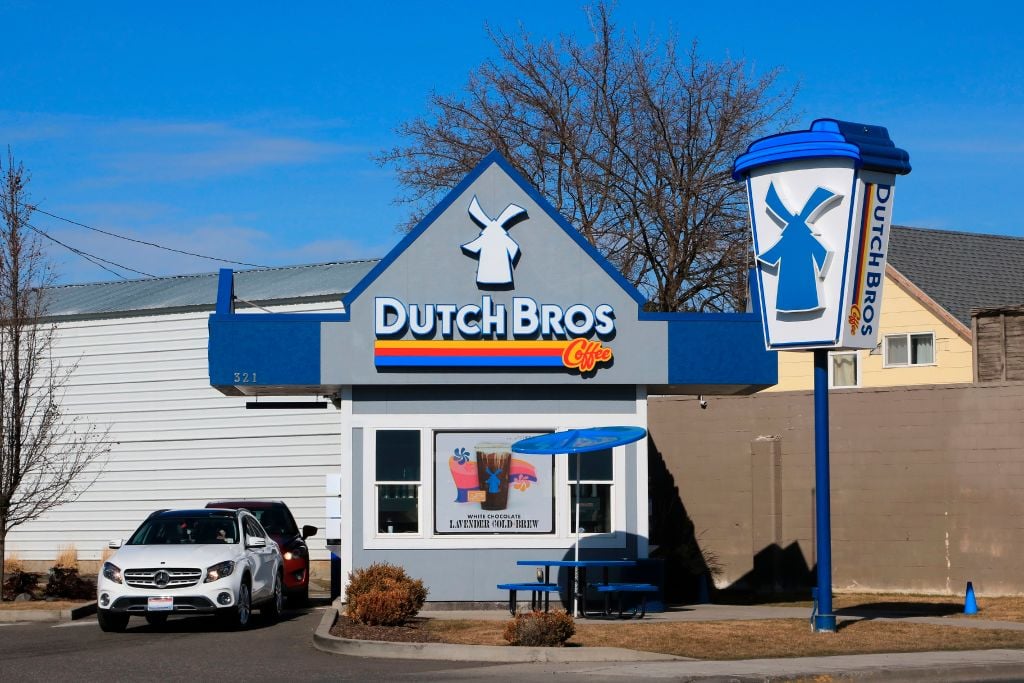In this segment from Motley Fool Money, the team discusses the results of recent research regarding soda and bottled water consumption.
As bottled water grows in popularity -- and soda declines -- investors will have to consider the long-term impact this trend will have on beverage industry leaders, including Coca-Cola (KO 0.19%), Pepsico (PEP 1.59%), and Sodastream (SODA +0.00%).
A full transcript follows the video.
This video was recorded on March 10, 2017.
Chris Hill: Move over soda, there's a new leader in the US. According to the latest research, Americans drank more bottled water in 2016 than soda. And Jason, we have seen soda consumption on the decline for over a decade. But I was still a little surprised by this news.
Jason Moser: I actually was not, and the reason why was because I look at myself and I think -- I mean, I have been so ingrained in my Diet Coke habit for so long, and if I have made such a drastic change in my Diet Coke consumption, and I really have -- you look at the kids today, soda just doesn't maintain the same position in the typical U.S. household than it did, perhaps, when we were growing up. And I think that's just a real proxy as to what's going on here.
Andy Cross: When's the last time that someone brought a soda into the studio for this show? Just sat down with a Coke bottle right here? It's got to be a long time!
Matt Argersinger: I see a water bottle, I see tea.
Cross: Right, and coffee.
Moser: I feel like I did, probably, at some point this week. But to your point, this really was a matter of when, not if. And if you look at just one example, look at the litany of Coca-Cola earnings reports where it seems like every quarter, sparkling beverage unit case volume declined 2% for the quarter, and still beverage unit case volume grew for the quarter. And that's just been the story for the last two to three years. So, it's not a surprise. The health benefits are clear.
Argersinger: And I applaud Coca-Cola for making some pretty early investments in those still beverages areas, Honest Tea being one which is a really popular one, and just diversifying as much as they can. It's still amazing to see that such a -- is it fair to say -- staple of the American diet has come down so much? Now, I know they have a lot of growth outside of North America, overseas and internationally in emerging markets. So, there's still, obviously, healthy demand for carbonated beverages. But I'm surprised, too, to see this on the decline.
Cross: Pepsi was on this years ago, when they expanded into the snacks business, which is very nicely profitable, and actually is under a lot of pressure, too, and they're starting to diversify away from that, trying to get more than half their sales tied to more healthy alternatives with people outside of soda and snacks. So, it's definitely the trend that's playing that these guys aren't picking up. There are plenty of upstarts and really young, innovative companies are going to come in and take that share from them.
Hill: And let's be clear. While water is on the rise, it is in particular packaged water. I couldn't help but think about a company like Sodastream when I was looking at this story, where they have the reusable bottles and you can make it at home, you can make your own carbonated water, that sort of thing. One ripple effect of this story is the ecological one. Bottled water sales are on the rise. That's great in terms of health, except if we're talking about health of the planet.
Moser: I think more places are also setting themselves up with water coolers like we have. So, I'm drinking more water, but it's not like I'm buying a bottle of water every time, I'm just refilling that same bottle. We'll probably see more and more of that type of behavior as well, which certainly doesn't hurt the environment.
Cross: Yeah, and La Croix, which offers their seltzer water in a can as opposed to a bottle, which is far more recyclable and better for the environment than the bottles that you get from some of the other providers.







